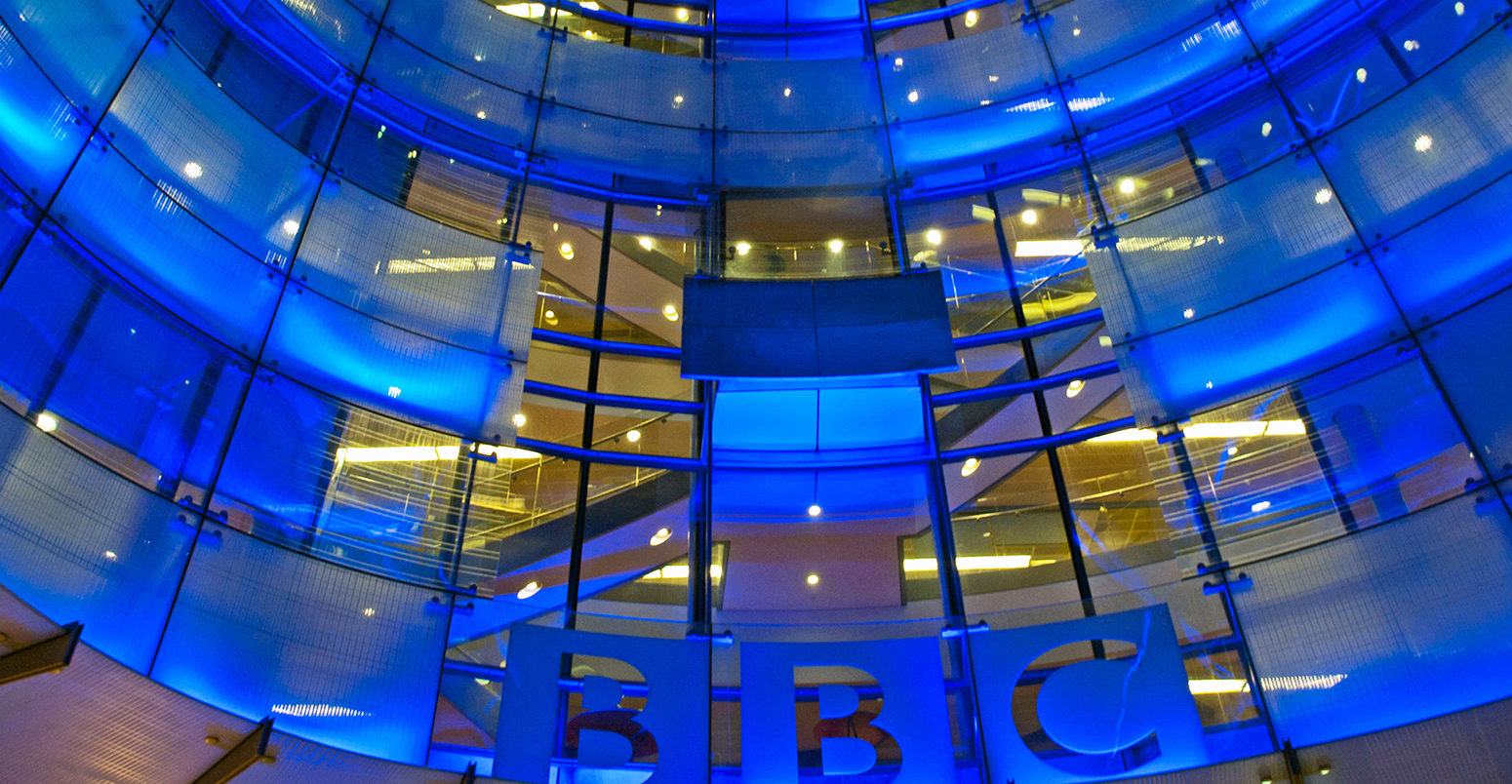
Exclusive: BBC One to show first primetime film on climate change since 2007
Leo Hickman
10.12.18Leo Hickman
12.10.2018 | 10:58amThe BBC has commissioned a major new documentary film on climate change.
Charlotte Moore, the BBC’s director of content, said in a speech last night that the new film will be called “Two Degrees”. She added:
“We want it to be the definitive film on climate change. To cut through the confusion, tell audiences the facts without any other agenda, explore what a dangerous level of climate change could really mean. It will be unflinching about the potential catastrophe that’s unfolding. And offer the facts about what can still be done.”
“Because, for all the uncomfortable truth, the message…is, ultimately, a positive one: we have the power to do something. We hold the future in our hands.”
No further details about the film have yet been provided by the BBC. However, Carbon Brief has exclusively obtained more information.
The 90-minute film is scheduled to air in a primetime slot on BBC One at the end of March next year. It will be part of a week-long series of environmentally themed programmes called “Blue Planet Live”.
“Two Degrees” is currently the working title of the film. It will be the first time BBC One has aired a primetime documentary dedicated to the topic of climate change since 2007. On 21 January of that year, a documentary presented by Sir David Attenborough called “Climate Change: Britain Under Threat”, was broadcast at 8pm on BBC One.
The new film’s executive producer is Jonathan Renouf, who made a 2008 series on climate change for BBC4 called “Earth: Climate Wars”. The film’s series producer is Serena Davies and it will be directed by Kate Dooley.
BBC Studios has been commissioned by BBC Factual to make the film and it will be sold outside the UK by BBC Worldwide.
The film entered pre-production earlier this month, with filming due to take place between November and January across multiple locations (yet to be decided) around the world.
Carbon Brief understands that the film will be narrated rather than “presenter-led” and that Sir David Attenborough will not be involved.
Three parts
The film will likely be structured around three distinct parts across its 90 minutes.
The current plan is to focus part one on the fact that the world has just experienced a year of extremes weather events, such as the “Beast of East” cold spell, wildfires and record-breaking summer heatwaves. This has triggered public discussion about the contribution played by human-caused climate change.
This first section will also include a “Where are we now?” and short history of climate science. There will be testimonies from those affected by the extremes, as well as interviews with scientists in the field.
Part two will be themed, “Where are we going?”. There will be a focus on “tipping points” and why 2C of global warming matters as a threshold. It will not just concentrate on the science, but also pan out to cover the economics and politics.
The concluding part will focus on, “How do we save ourselves?”. But Carbon Brief understands from a source involved in the planning that this section will “avoid cliched case studies of renewables, etc, and focus instead on surprising advances and innovations which showcase human ingenuity”. It will avoid the narrative of “sacrifice”. It will allow the interviewees to explain the politics and how the “incumbency is resisting change”.
The commissioning of “Two Degrees” comes just weeks after the BBC issued internal guidance to all its editorial staff on how to accurately report climate change. As Carbon Brief revealed, staff were sent a four-page “crib sheet”, as well as being offered a one-hour training course.
Carbon Brief understands that the film will adhere to the new guidance and that it will, therefore, not be “balanced” with contributions from those who do not accept that humans are causing the climate to change. The film will not challenge facts such as humans are causing the world to warm and the impacts of that warming will be overwhelmingly negative.
The film will be advised by scientific consultants – as is normal for a film such as this – but they have yet to be named.
-
Exclusive: BBC One to show first primetime film on climate change since 2007
-
Exclusive: BBC One to air first primetime film on climate change for 12 years

